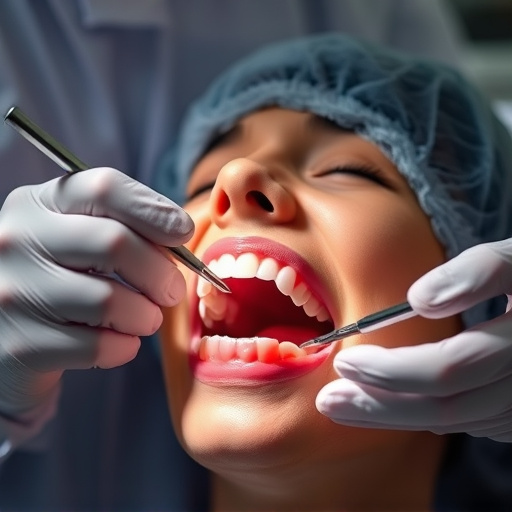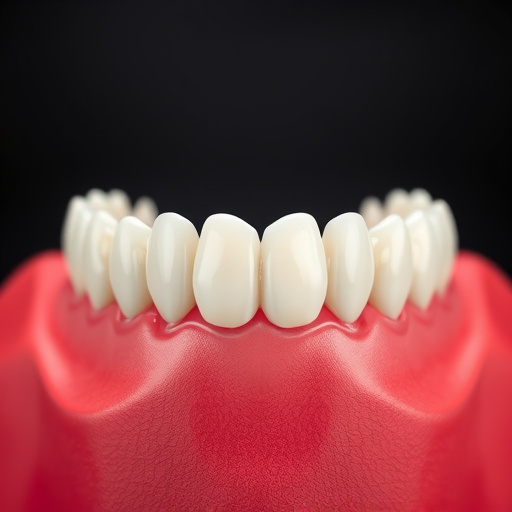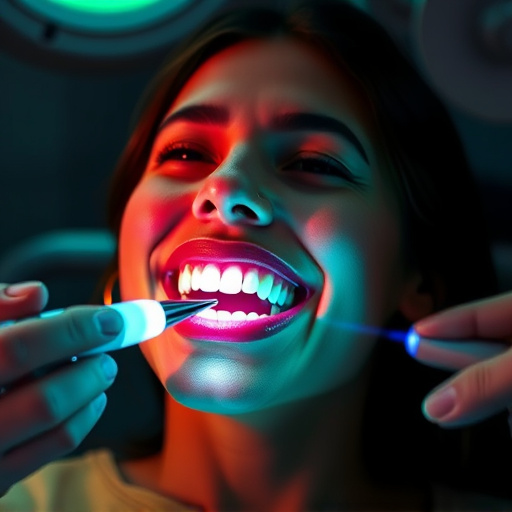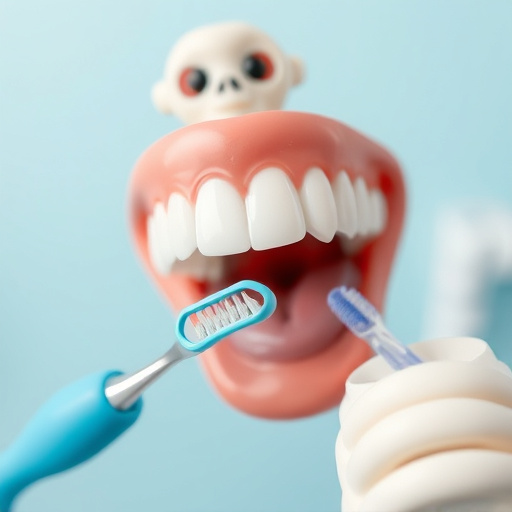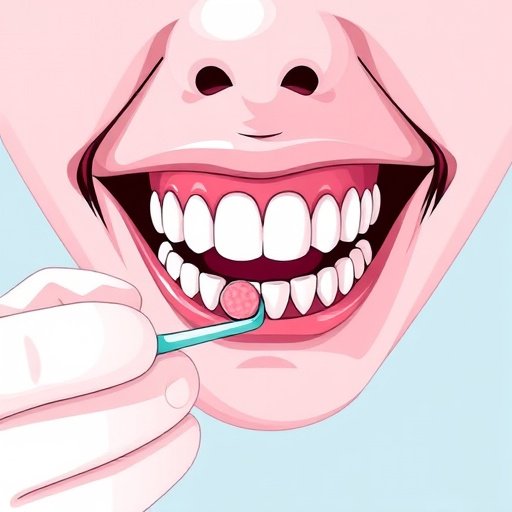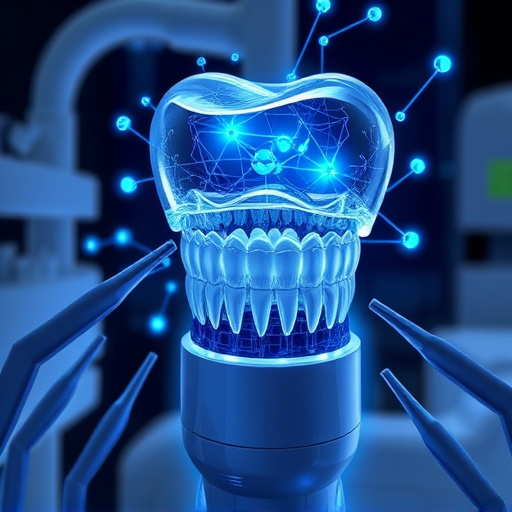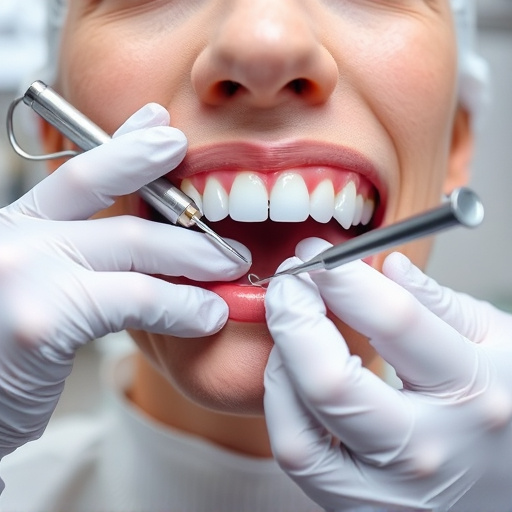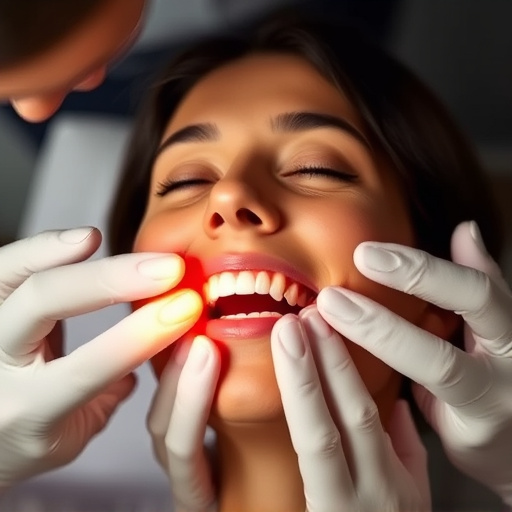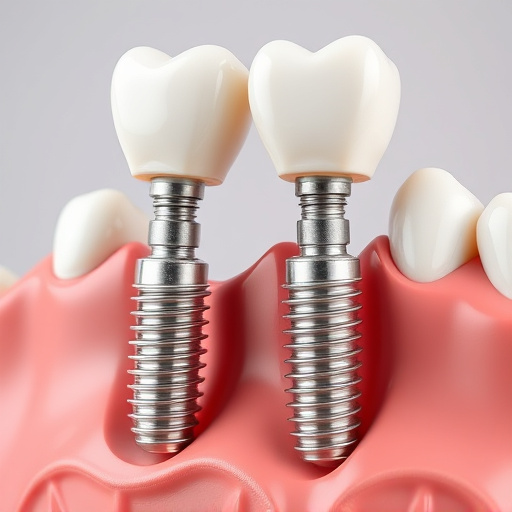Cavities and gum disease are preventable with routine dental maintenance. Poor hygiene, sugary diets contribute to tooth decay, while plaque buildup leads to gum inflammation. Regular dental exams and cleanings detect issues early, treating them before they become severe. Dentists educate patients on proper brushing, flossing, and using mouthwash for optimal oral health. This proactive approach prevents costly procedures and promotes long-term well-being through preventive care.
“Maintain a healthy smile with routine dental maintenance—your secret weapon against cavities and gum disease. This comprehensive guide explores the profound impact of regular dental care, delving into the causes and prevention strategies of common oral health issues.
We’ll uncover the essential role of routine dental check-ups in early detection and effective treatment. Additionally, discover practical daily practices for optimal dental hygiene at home, ensuring a vibrant, cavity-free future.”
- Understanding Cavities and Gum Disease: Causes and Prevention
- The Role of Routine Dental Check-ups in Maintaining Oral Health
- Daily Practices for Optimal Dental Hygiene at Home
Understanding Cavities and Gum Disease: Causes and Prevention
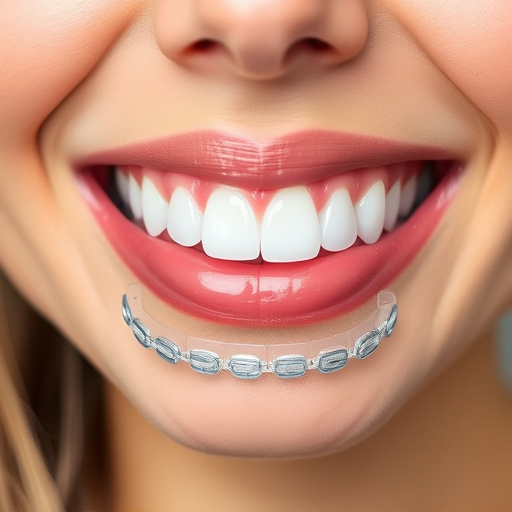
Cavities and gum disease are common oral health issues that can be prevented through proper care and regular dental maintenance. Cavities, or tooth decay, occur when bacteria in the mouth break down the protective enamel layer of teeth, leading to holes or lesions. This process is often facilitated by poor oral hygiene, frequent consumption of sugary foods and drinks, and inadequate cleaning techniques. Gum disease, on the other hand, is an inflammation of the gums caused by a buildup of plaque and tartar along the tooth line. It can range from gingivitis, the early stage marked by redness and swelling, to periodontitis, a more severe form that can result in tissue damage and potential tooth loss.
Preventive dentistry emphasizes the role of routine oral exams and professional cleanings alongside diligent personal hygiene practices. Regular dental visits allow for early detection of any signs of decay or inflammation, enabling prompt treatment before these conditions worsen. Additionally, dental professionals can provide guidance on proper brushing and flossing techniques, as well as recommend suitable products to enhance routine dental maintenance at home. While dental implants offer a solution for missing teeth, prioritizing preventive dentistry is crucial in maintaining overall oral health and avoiding procedures that are more invasive and costly.
The Role of Routine Dental Check-ups in Maintaining Oral Health
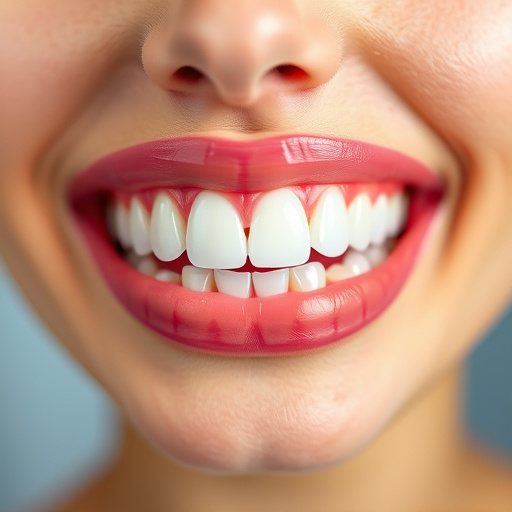
Routine dental check-ups are a cornerstone of maintaining optimal oral health. During these visits, dentists can detect early signs of cavities and gum disease before they become severe issues. Through professional cleaning, they remove plaque buildup that everyday brushing and flossing might miss, reducing the risk of inflammation and infection in the gums. This proactive approach allows for timely intervention using procedures like dental bonding or, in more advanced cases, cosmetic fillings or dental crowns to restore health without extensive treatments later on.
Regular check-ups also serve as a platform for open communication between patient and dentist. They can discuss any concerns, learn about oral hygiene practices at home, and receive personalized advice tailored to their specific needs. This proactive nature of routine dental maintenance fosters a healthier smile in the long run, preventing not just cavities and gum disease but also the need for more complex and costly procedures.
Daily Practices for Optimal Dental Hygiene at Home
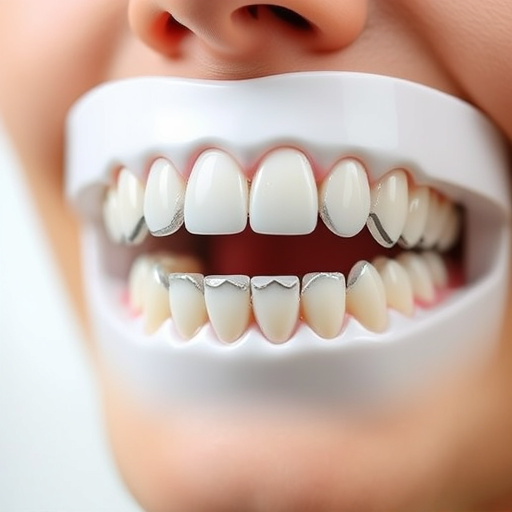
Maintaining optimal dental hygiene starts with consistent daily practices at home. Brushing your teeth twice a day with fluoride toothpaste is fundamental. Take your time to thoroughly clean all surfaces, including the tongue, to remove plaque buildup. Flossing is equally important, as it reaches areas between teeth and under the gum line where a toothbrush can’t access. Using an antimicrobial mouthwash can further reduce bacteria and freshen breath.
In addition to these general dentistry habits, regular visits to your dentist for professional cleanings and checkups are crucial. During these appointments, dental professionals can identify early signs of cavities or gum disease and provide appropriate treatments, such as wisdom tooth removal if necessary. Remember, preventive care through routine dental maintenance is always more effective and less invasive than repairing damaged teeth or treating advanced gum conditions.
Routine dental maintenance is a key component of preserving optimal oral health. By understanding the causes and implementing preventive measures, such as regular check-ups and diligent daily hygiene practices, individuals can effectively ward off cavities and gum disease. Prioritizing routine dental care not only saves time and money in the long run but also contributes to overall well-being by ensuring a healthy smile for years to come.
